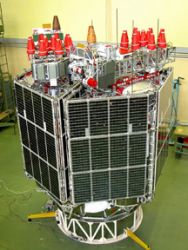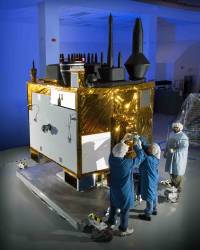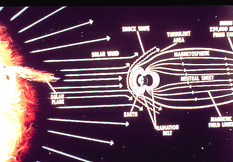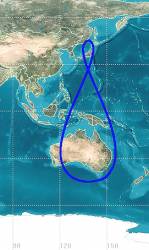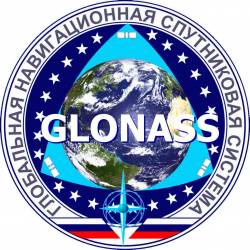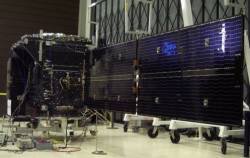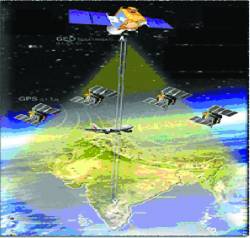Delays Continue to Plague Europe’s Galileo GNSS Program
 Paul Verhoef, GNSS Programs Manager, European Commission
Paul Verhoef, GNSS Programs Manager, European CommissionAt this week’s (March 9–11) Munich Satellite Navigation Summit, Galileo program officials — public and private — acknowledged that it faces delays at both ends of its latest schedule.
At the near end, the lead contractor for the Galileo in-orbit validation (IOV) satellites that it is building with a consortium of companies said the first IOV will not launch in 2010 as per the most recent schedule. Instead, said Mike Healy, director of navigation for EADS Astrium, the satellite will not be ready for launch until probably February 2011.
By Inside GNSS


